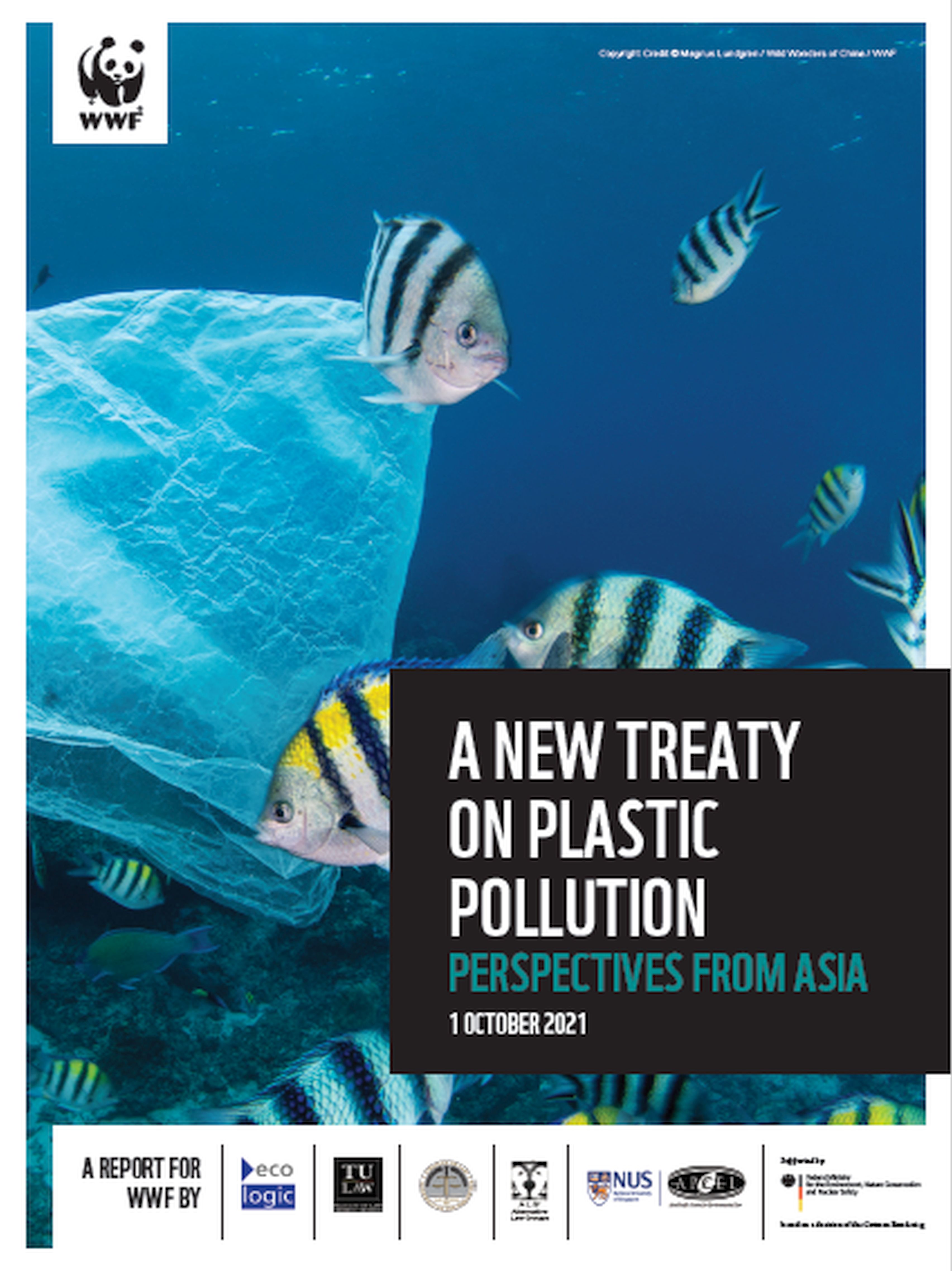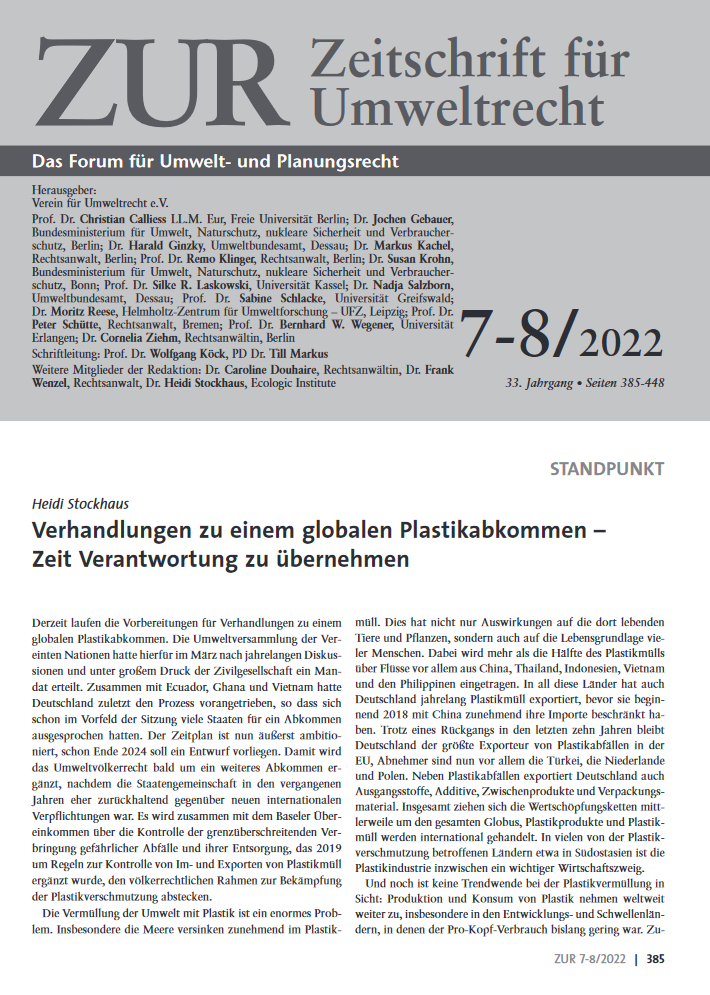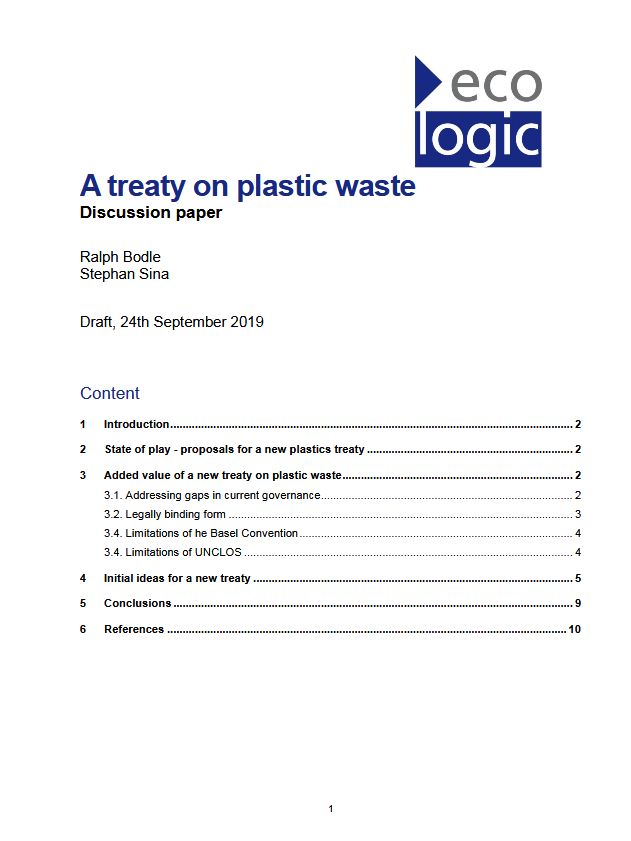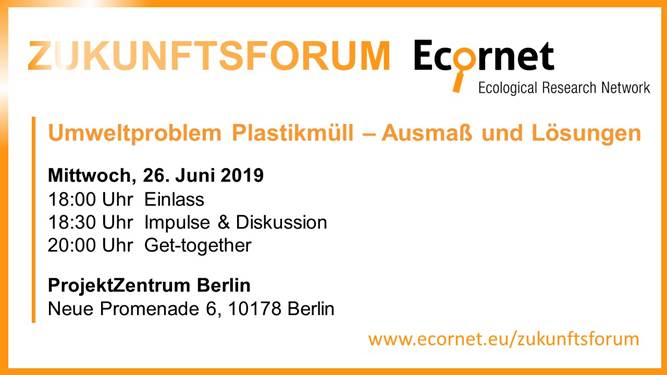A Global Treaty on Plastic Pollution
Perspectives from Asia
- Publication
- Citation
Stockhaus, H; Sachdeva, A; Sina, S; Bolopion, E; Mislang, G; Espenilla, J; Guiao, C.T.; Sulistiawati, L.Y.; Popattanachai, N. 2021. A New Treaty on Plastic Pollution – Perspectives from Asia. Published in October 2021 by WWF-World Wide Fund For Nature (Singapore) Limited (WWF-Singapore).
This research report studies the Asian perspectives on a global plastic pollution treaty against the background of a growing momentum for the establishment of a negotiation process during the second part of the fifth session of the UN Environment Assembly (UNEA-5.2) in February 2022. It identifies solutions already pursued by Asian countries to tackle marine plastic pollution, describes the challenges and needs expressed by government officials from the region, and discusses possible treaty elements taking into account experiences of countries in the Asian region.
To study the Asian perspectives on a global plastic pollution treaty, information was gathered from 16 countries, i.e. Bhutan, Brunei, China, India, Indonesia, Japan, the Republic of Korea, Laos, Malaysia, Maldives, the Philippines, Singapore, Sri Lanka, Thailand, Timor Leste and Viet Nam. The project team was able to collect oral and written responses to a questionnaire developed for the purpose from government officials of 10 countries and supplemented the findings via desk-based research, including from countries which did not respond to the questionnaire.
The research report highlights some of the measures of relevance for the international debate already taken at national level, namely action plans, policies to phase out certain single-use plastic products and extended producer responsibility schemes. It also discusses the following challenges experienced in the region: a lack of data along the life-cycle of plastics, insufficient monitoring and gaps in knowledge on marine plastic pollution, access to financial resources and technology, limited response options for coastal plastic pollution, ineffective plastic waste management, and engagement of the plastic industry.
In the Asian region, support for a global plastic pollution treaty has been growing throughout 2021. The research report identifies the countries already calling publicly for the establishment of a negotiation process, but also describes remaining concerns. Based on the feedback received from government officials of the Asian region, it also elaborates on the possible added value of a new global plastic pollution treaty. Taking into account recent publications and debates, the research report presents possible treaty elements and assesses them in light of the challenges and experiences of countries in the Asian region.







